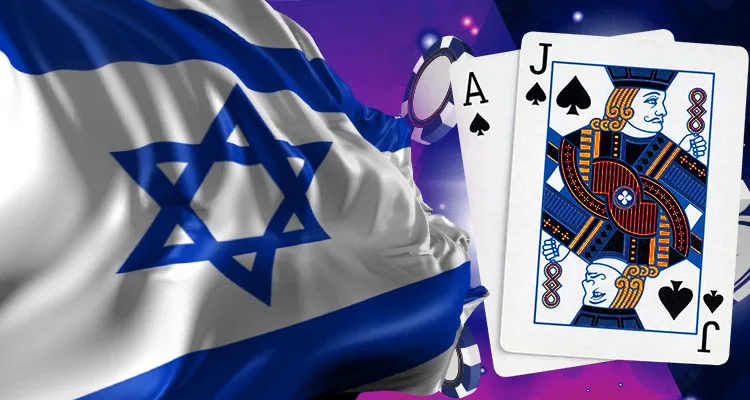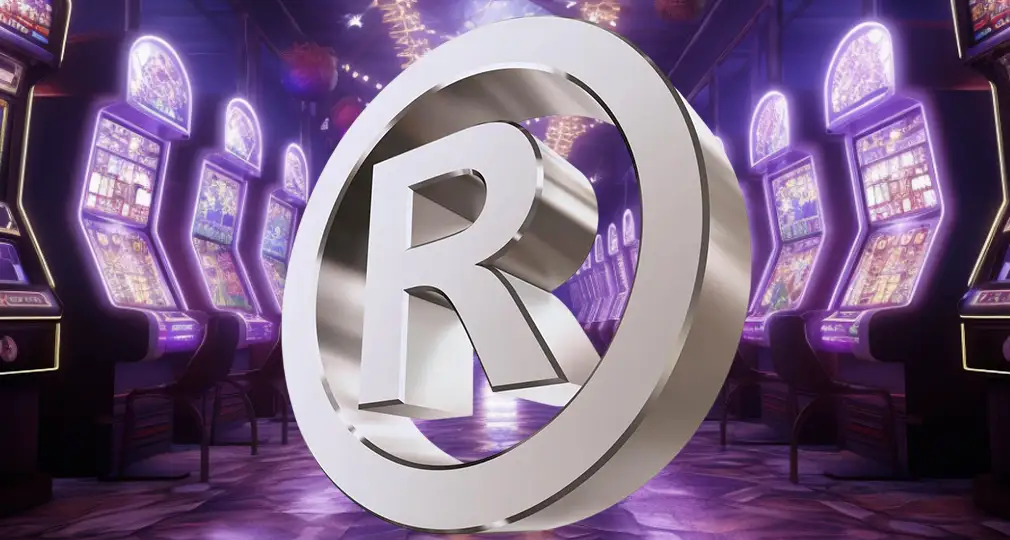The country contributing to the development of the gambling industry in the Middle East is Israel. Apart from the shadow market, sports betting and lotteries are currently officially allowed on the territory of the state. To find out more information about the country’s market, keep reading the following material.
Do they have gambling in Israel?
It is known that the national lottery Mifal Hapayis was launched back in 1951. The state lottery draws are held a few times a week. Its activities are regulated and controlled by the Ministry of Finance.
The segment of sports betting in the country is controlled by the Israel Sports Betting Board (ISBB). It was created a little later than Mifal Hapayis, namely in 1967. Initially, only betting on football was allowed, but over time, new disciplines began to be added. It should be also noted that, in 2018, the activity of betting at horse racing in the country was prohibited. Social games without real money winnings are not subject to special regulation in Israel.
Is gambling legal in Israel now? Regulation of the market
All activities outside the scope of the above exceptions are prosecuted by Israel Penal Law 5737-1977. The relevant chapter of this law contains points about the organization, as well as about participation in prohibited lotteries and betting activities. The code provides information on:
- prohibited game;
- places where gambling is forbidden;
- bets;
- lotteries.
As practice shows, the definition of the latter categories is quite broad, and therefore covers many other types of gambling. The first two categories imply a ban on games in which a person can win real money, they are more often based on a random outcome than on skills and knowledge. Prohibited locations include specific areas where gambling cannot be conducted.
The ban does not include lotteries and betting activities that meet the following criteria:
- games must not be played in a prohibited place;
- the game must not go beyond entertainment;
- the activity must be aimed at a certain circle of people.
It should be noted that the direction of poker is still classified by the state as prohibited, so fans of this card game usually resort to some illegal ways to meet at the poker table. According to Haaretz, a well-known Israeli newspaper, the first method is the organization of private mini-tournaments by players at home, which greatly facilitates the conditions of conspiracy from the police.
It is also not uncommon for players to hold online meetings in so-called clubs, which, in fact, are also ordinary apartments rented for such meetings. Holding such “home” tournaments in a purely narrow circle outside of classic casinos reduces the risks of their evaluation as criminal activity. A third and safer way is to play poker in international waters on cruise ships, where, apparently, some local legal requirements do not apply to participants.
At the same time, the Israeli Supreme Court, expressing the majority opinion, stated in 2018 that online poker, especially tournaments, must not be classified as gambling. As a result, poker was officially recognized as a game based on skills rather than pure chance, which already takes it out of the definition of gambling. Despite all the efforts of politician Sharren Haskel, the main initiator of the amendments, the document is still under consideration.
The measures taken by the government against the illegal gambling industry extend to financial institutions, and as a result, their transactions related to the gambling market are blocked. Local laws do not apply to the activities of online casinos located outside the jurisdiction of the state, however, according to the Israeli media Calcalist, the police are monitoring online gambling activities and blocking sites visited by Israelis.
In a statutory ruling on betting, the Tel Aviv District Court determined that in the case where a game combines both skill-based elements and a factor of chance, the question of its legality must be brought up for discussion.
Regarding the Israel tax on gambling winnings, it is known that there is no tax on prizes up to 30,500 shekels (≈7,691 euros). Taxes are charged for prizes from 30,500 to 61,000 shekels (≈15,382 euros), and for an amount above 61,000 shekels, the tax reaches 35%.
Responsibility and publicity issues
Persons who are at least 18 years old are allowed to participate in gambling and purchase tickets. If the rule is violated when the ticket is sold, fines are charged or the operator directly faces imprisonment. It is also known that the lottery must allocate 3.5% of its annual income to companies that promote the principles of responsible gambling and prevent gambling addiction. At the same time, lotteries also warn players about the risk of gambling addiction appearance. In accordance with the law, the organization or conduction of prohibited gambling is punishable by a fine of 452,000 shekels (≈102,852 euros) or imprisonment for a period of three to five years.
According to the researches, several hundred thousand Israelis travel abroad to visit casinos every year. The Czech Republic, Bulgaria, Malta are in demand among them, and poker championships are held on the high seas. Many high-ranking politicians are focused on the full legalization of gambling, and they offer to turn the resort city of Eilat into a gambling center. This decision is most often opposed by religious groups and security forces.
Read more: Best Indian Casinos














